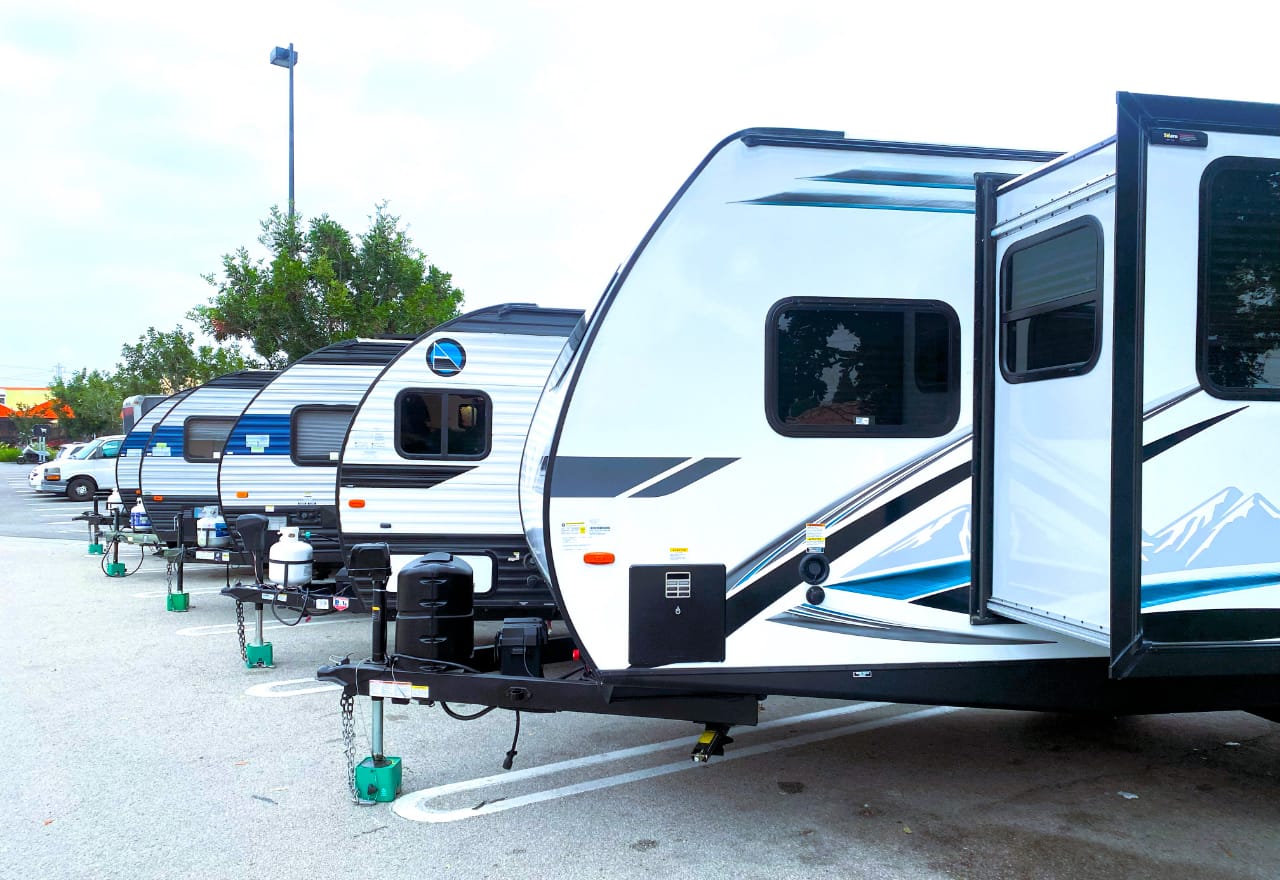Renting an RV offers both flexibility and comfort for travelers who want to explore or temporarily live in another place. The decision between choosing a long-term RV rental and a short-term stay depends on your requirements. Your lifestyle requirements, personal needs and financial considerations will determine your rental decision. By learning the advantages of each type of stay you can determine the best choice for weekend trips, month-long adventures or temporary housing needs.
Why Choose Short-Term RV Rental?
Travelers who desire flexible accommodation options without entering long-term agreements find short-term RV rentals to be the ideal choice. This choice is perfect for:
- The Pacific Coast Highway awaits your drive while Yosemite invites your exploration and Lake Tahoe offers weekend relaxation all without hotel reservation concerns.
- Events such as Burning Man, Coachella, and EDC draw thousands of people to rent RVs because they prefer to stay in comfortable accommodations instead of tents.
- Short-term RV rentals let you determine if full-time RV living suits you before committing to long-term use.
Cost Considerations for Short-Term RV Rental
The cost of renting an RV depends on seasonal timing as well as the size of the RV combined with current market demand. Travel trailers have a weekly rental price between $600 and $1,200 while Class C motorhomes cost between $1,200 and $2,500 per week.
When Does Long-Term RV Rental Make Sense?
Individuals who require housing for an extended period find long-term RV rentals to be a practical solution. Here’s when it’s the best choice:
When moving across state lines you need a temporary living solution before finding your permanent residence? An RV offers a flexible alternative.
Families often rent RVs when they need temporary housing during home repair work following fires, floods, or remodeling projects.
Remote workers and seasonal employees including construction workers and digital nomads find long-term RV stays to be cost-effective and convenient.
Cost Savings in Long-Term RV Rentals
Long-term RV bookings offer discounted rates despite short-term rentals appearing more affordable. Renting an RV for one month costs between $2,000 and $3,500 while hotel rooms or furnished apartments in major cities typically exceed $4,000 per month.
Real-Life Stories: Three families demonstrate three different motivations for choosing extended RV rental arrangements.
The Miller family from Phoenix, AZ chose RV living as their temporary residence while renovating their home.
James, Sarah, and their two children had to deal with a six-month renovation project at their home. The cost of hotel rooms was too high and they could not stay with relatives. The family decided to rent a fifth-wheel trailer for their home renovation project and positioned it on their property.
🗣 James: “The RV gave us a home-like feel. The family stayed close to their home during renovation while the kids used their personal beds and they cooked homemade meals.
💰 Cost comparison:
Hotel stay: $6,000/month
RV rental (including utilities & parking): $2,500/month
Savings: $3,500 per month
Alex and Jordan from Portland, OR successfully combined remote work with living in an RV.
Alex and Jordan who belong to the LGBTQ+ community became full-time remote workers. They chose to explore the West Coast using a Class C motorhome which allowed them to stay at various RV parks and campgrounds instead of signing another apartment lease.
🗣 Jordan: Our mornings start by the ocean followed by work throughout the day which ends with evening hikes. We own no single location and find long-term renting to be more affordable than our previous Portland accommodation.
💰 Cost comparison:
Apartment rent in Portland: $2,200/month
RV rental + campsite fees: $1,800/month
Savings: $400/month + travel flexibility
The Rodriguez Family in Miami, FL received insurance support for their temporary housing needs.
The Rodriguez family required immediate housing solutions when Hurricane Ian damaged their home. The insurance paid for an RV rental until their home repairs were complete.
🗣 Maria Rodriguez: The prospect of finding shelter caused us anxiety until we discovered our insurance policy included RV rental coverage. The RV rental provided more security than a hotel stay and allowed the children to maintain their usual routine.
💰 Cost comparison:
RV rental: Covered by insurance
Hotel stay (without kitchen): $150+/night = $4,500/month.
Pros & Cons: Long-Term vs. Short-Term RV Rentals
Short-Term RV Rentals provide the perfect solution for vacation travel and participating in road trips or special events. This option enables travelers to visit multiple locations while avoiding permanent commitments. Extended stays become costly because short-term RV rentals generally charge more per night than long-term options.
Temporary housing needs and work-from-home requirements make Long-Term RV Rental perfect for relocations. Many rental companies provide multi-month booking discounts along with reduced monthly rates. The need for thorough planning sets up the benefit of stable living conditions that resemble home comfort.
Key Differences:
Cost: Renters pay more per night for short-term stays but save money when renting long-term accommodations on a monthly basis.
Commitment: Short-term stays involve no long-term agreements whereas long-term rentals usually last between one and six months.
Convenience: Rentals for short stays do not need setup but long stays need utility and parking planning.
Flexibility: Travelers can move between multiple locations with ease through short-term rentals but long-term rentals offer consistent living conditions.
Let us tell you this!
Remote workers and families select long-term RV rentals in California because they need both a stable residence and flexible living conditions. Enjoy Trailer delivers nationwide fully-equipped travel trailers and motorhomes that help customers move between places without needing to pack and unpack repeatedly.



































